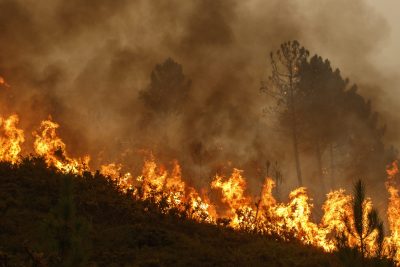More than half our state is breathing in unhealthy air because of wildfires in Washington and Canada. Air Quality Alerts are issued through Monday morning for many Central and Eastern counties and Tribal Nations. Smoke is also expected in Western Washington this weekend.
When air is unhealthy, everyone should take steps to protect themselves. Track air quality levels on the Washington Smoke Information website and follow related health recommendations. Stay inside with cleaner indoor air by:
- Closing windows and doors unless temperatures inside get too hot.
- Filtering indoor air by using an HVAC system, HEPA portable air cleaner, or DIY box fan filter.
- Not adding to indoor air pollution, such as smoking or burning candles indoors.
- Setting air conditioning units to recirculate.
If you must be outside, limit how long you’re outside and how intense the activity is. If you have to be outside for long periods of time you can also wear a properly fitted, NIOSH-approved particulate respirator, such as an N95 mask. It’s also important to check on elderly loved ones and neighbors and keep pets inside.
“It wasn’t a matter of if, but when smoke would hit,” said Kaitlyn Kelly, Air Quality Policy Specialist. “Wildfire smoke season is here in Washington, which means we need to be proactive about taking steps to protect ourselves.”
Smoke often affects people with pre-existing conditions the most. Minor symptoms include eye, nose, and throat irritation, headaches, wheezing, coughing, and shortness of breath. More serious symptoms include difficulty breathing, chest pain, and irregular heartbeat. Wildfire smoke can lead to hospitalization and death. Seek medical attention if your symptoms are severe.
For more information on how to protect yourself from wildfire smoke, visit the Washington State Department of Health’s Smoke From Fires webpage.

